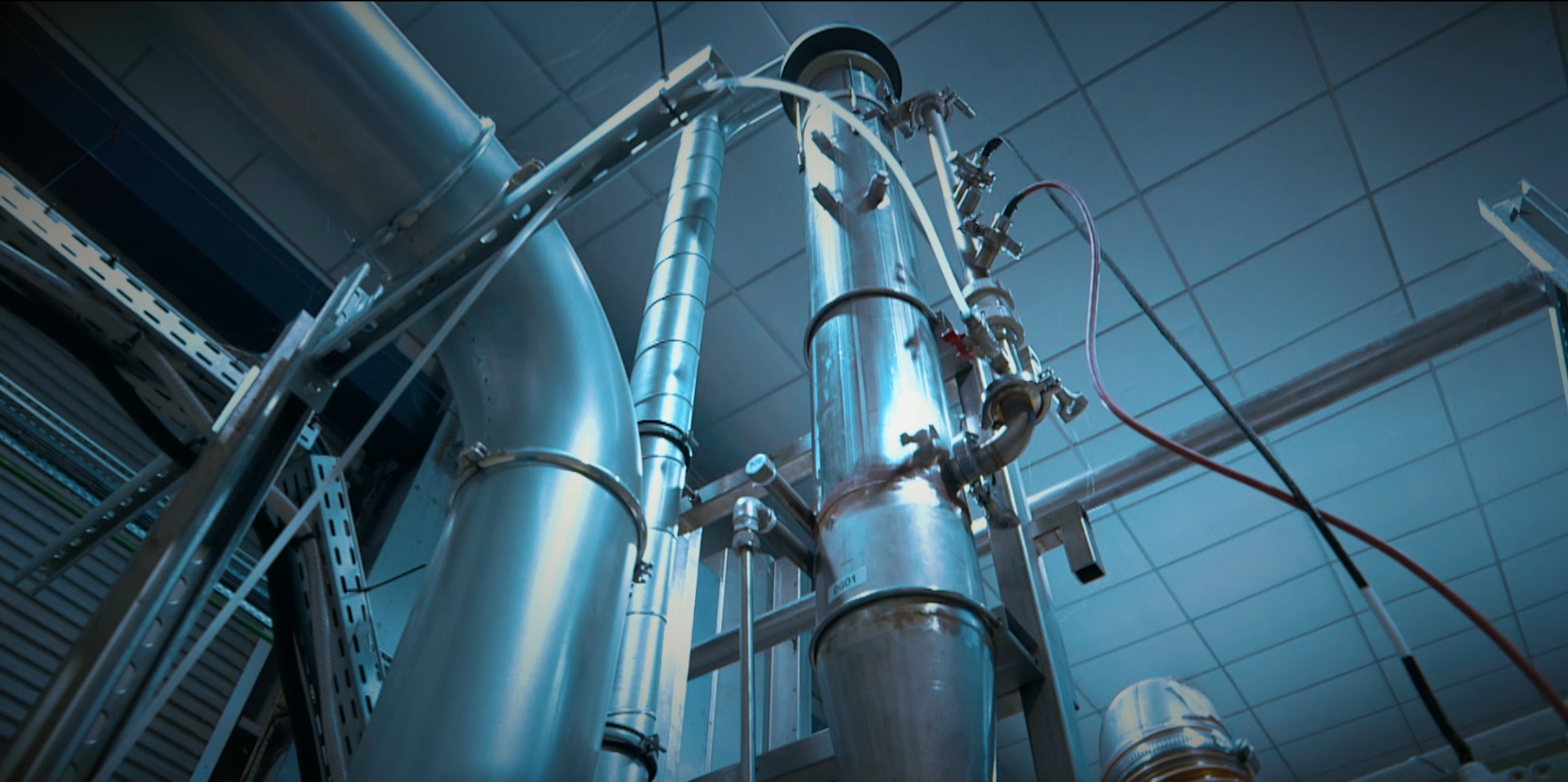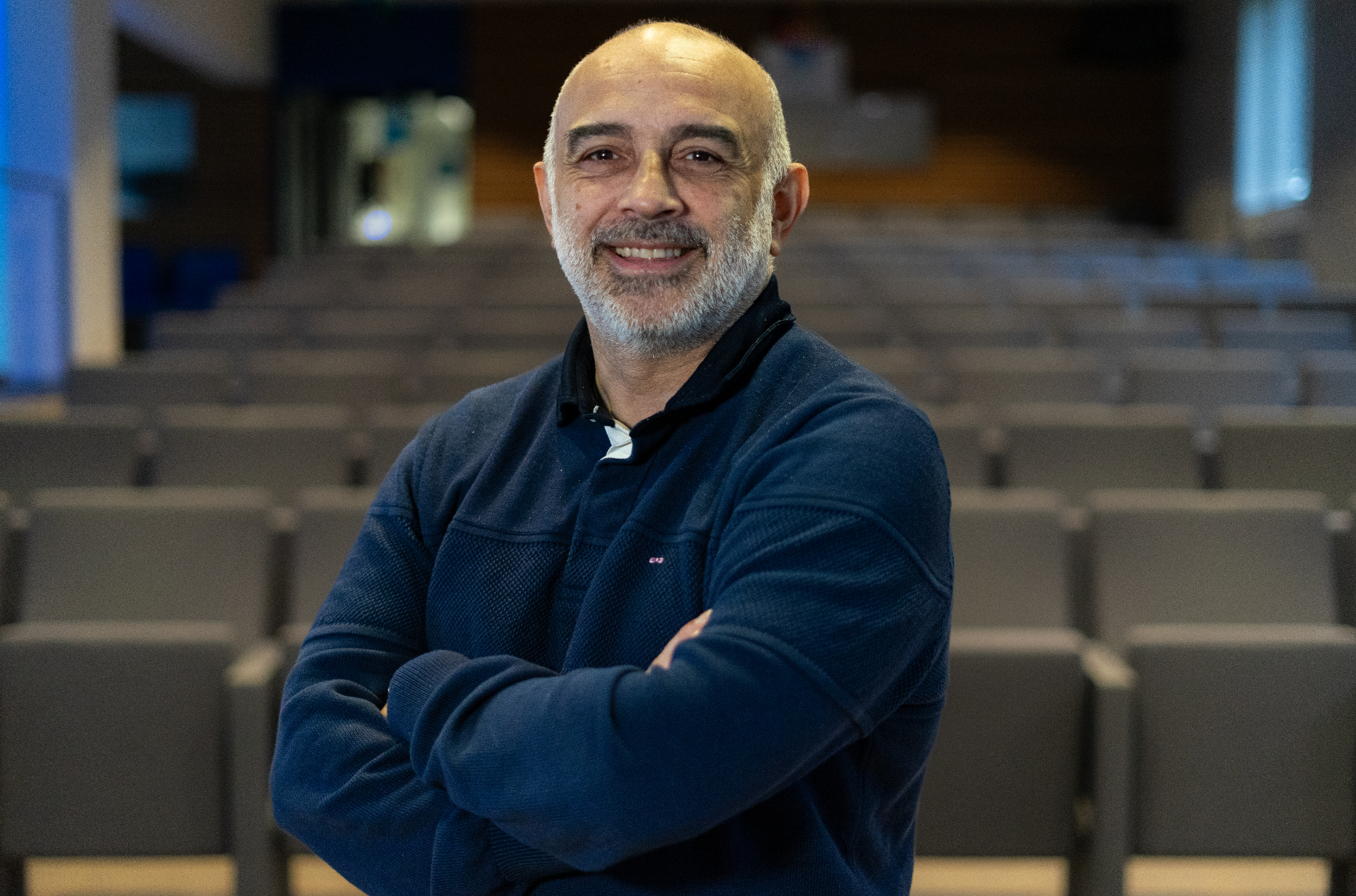ArianeGroup + Elixir™ revolutionizing industrial waste management
09.02.2024

Striving for remediation
Elixir™, set up in 2017 by ArianeGroup as a waste disposal facility offering a cleaner option to traditional incineration technologies, is ahead of the game when it comes to complying with future remediation norms. Seeing the lack of an appropriate solution on the market, ArianeGroup demonstrated the effectiveness of an industrial-scale, innovative process, with the support of the Nouvelle-Aquitaine region in south-west France and in partnership with Danish start-up Aquarden Technologies. It all comes down to the power of water.
The fourth state of water
We are already familiar with the three states of water: solid, liquid and gas. But, under certain very precise conditions, water can reach a “fourth state” – supercritical. At 220 bars and 374°C, water remains liquid but its density is 10 times lower: under these conditions, 100 L of water weigh only 10 kg. The properties of supercritical water resemble those of a gas and make it an excellent solvent of organic compounds. Mixing with waste, it becomes a perfect reaction medium to promote decomposition at atomic level. The oxidation process, akin to a smokeless fire, is fed by the energy it releases and recaptures. Moreover, it does not pollute the atmosphere. Depending on the type of waste being broken down, only acidic wastewater devoid of any organic compounds may remain. It can be processed at a biological treatment plant and released back into the environment. The Elixir™ solution is a far cry from complex incinerator-based waste treatment systems.

“Waste treatment and disposal, remediation, and dismantling are some of the capabilities that we have developed internally for our own purposes. Thanks to our level of business maturity in this area, we are making our expertise available to industry in general.” Alain Igel – Head of the Elixir™ program “A facility such as this can treat between 100 and 150 tons of solid waste and around 1,500 m3 of liquid waste. It is extremely flexible, easy to interrupt, and can switch to different types of waste as needed in a single day.” Alain Igel – Head of the Elixir™ program
The advantages of supercritical water
Elixir™ is a stand-alone solution. The flexible, mobile equipment is contained within a 200 m2 area, and can be dismantled and moved in less than two weeks. Entirely submerged waste treatment processes ensure optimal safety for operators. In addition, Elixir™ is energy-efficient compared to a traditional incinerator. Its low emissions are equivalent to those of a latest generation car with a Crit’Air 1 rating. It is a clean solution which can also deal with larger volumes simply by increasing the number of reactors. All types of organic waste ― propellants, herbicides, pharmaceutical products, etc. ― can be treated, provided that certain compounds are pre-diluted. ArianeGroup is making this waste-disposal service available to industrial companies, and even proposing installation of the equipment at their sites.
“We are already working with a number of customers from government agencies and industry to process or dispose of their waste. Our services range from laboratory analysis of waste to its treatment, either in our own industrial units or by installing fixed or mobile turnkey Elixir™ facilities on customer sites.” Alain Igel – Head of the Elixir™ program
Not-forever chemicals
ArianeGroup’s next Elixir™ facility will be set up in Toulouse at a site dedicated to chemical processes. The goal is to get rid of PFAS, per- and polyfluoroalkyl substances such as Teflon, known as “forever chemicals” because of their extremely persistent nature and the fact that they do not break down naturally. Their suspected and sometimes proven adverse effects on human health have made them an emerging public health concern. ArianeGroup is bringing pioneering practices and industrial experience to the table. Past the testing phase, Elixir™ provides a concrete, effective solution to eliminate PFAS. Even these “forever” substances cannot resist the power of supercritical water. By ensuring its presence on the PFAS market, ArianeGroup is putting its engineering and development know-how to good use by helping to advance environmental and public health issues.
